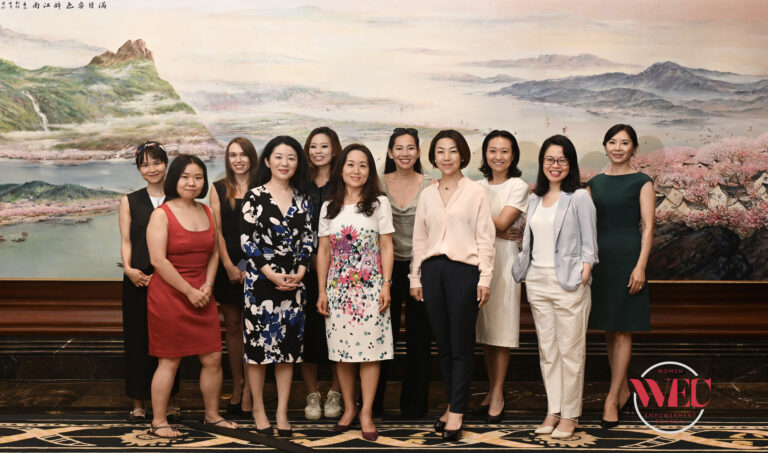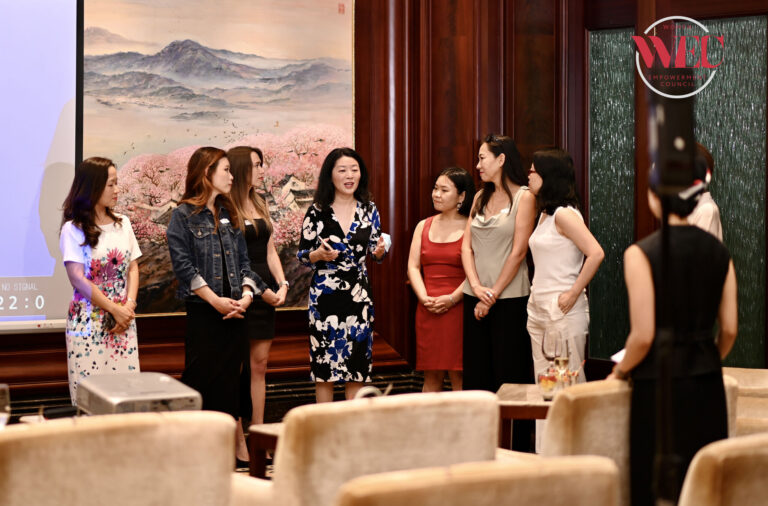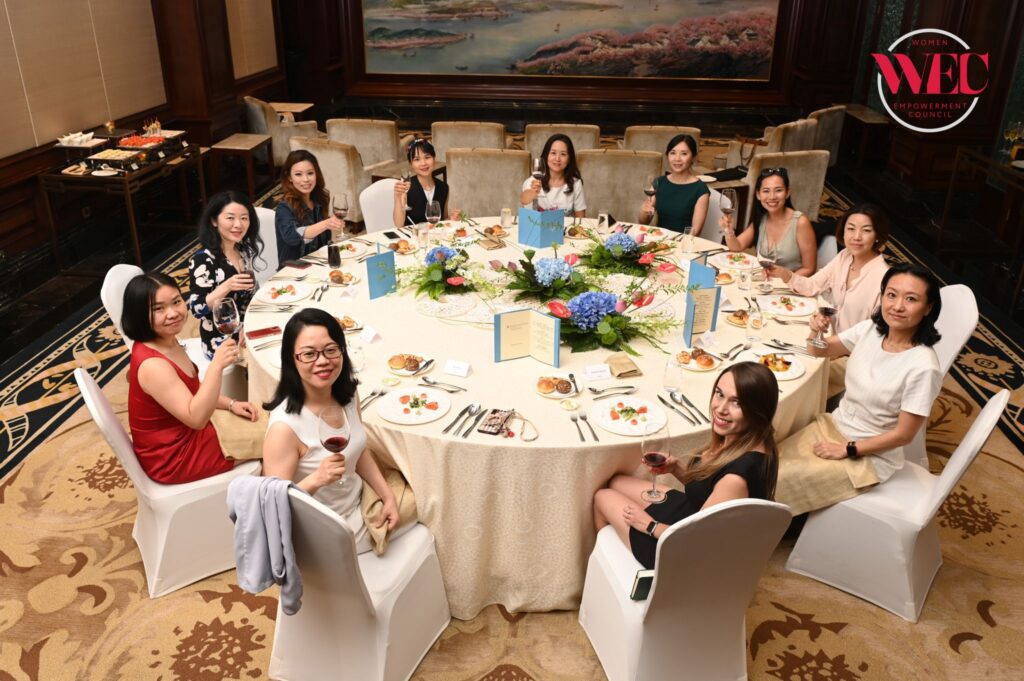On August 25, the Women Empowerment Council (WEC) and Selena Chu, Dow VP and WEC Co-chair hosted a Women Leadership Roundtable facilitated by Renzhong (Joyce) Tan, Senior Specialist, Diversity Initiatives at New York University Shanghai. Women leaders from Chayora, Dow, Henkel, IHG Hotels & Resorts, Milliken & Company, Volvo Cars, and WEquality shared their experiences and views on how they identify and manage unconscious bias.




It was an evening of learning and sharing about how we exist in a society where men have historically been the default in power due to systemic neglect or overlooking of women in academia, professions, and more. Some perspectives that resonated include:







In summary, Joyce and Selena noted that the key is to be open-minded and self-aware of our own unconscious biases because we all have them. As leaders, we have the power to raise our own consciousness, as well as consider policies and practices that can influence others to question and change the way we all see the world through individual filters based on our upbringing and beliefs.
